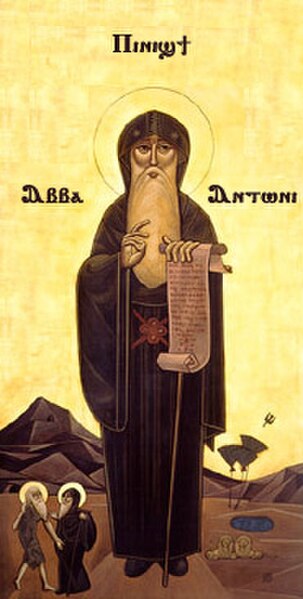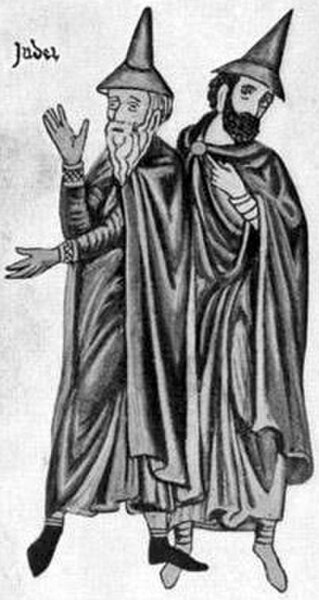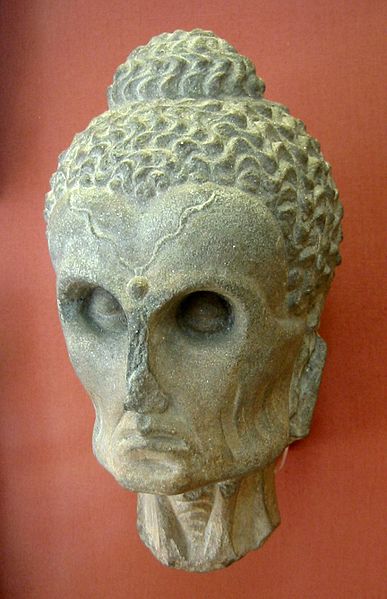Fakir, faqeer, or faqīr, derived from faqr, is an Islamic term traditionally used for Sufi Muslim ascetics who renounce their worldly possessions and dedicate their lives to the worship of God. They do not necessarily renounce all relationships, or take vows of poverty, but the adornments of the temporal worldly life are kept in perspective. The connotations of poverty associated with the term relate to their spiritual neediness, not necessarily their physical neediness.
A Sufi Muslim ascetic (fakir) in Bengal during the 1860s
Shrine of a Sufi Muslim fakir named Sultan Bahoo in Punjab, Pakistan
Asceticism is a lifestyle characterized by abstinence from sensual pleasures, often for the purpose of pursuing spiritual goals. Ascetics may withdraw from the world for their practices or continue to be part of their society, but typically adopt a frugal lifestyle, characterised by the renunciation of material possessions and physical pleasures, and also spend time fasting while concentrating on the practice of religion or reflection upon spiritual matters, which is thought by some to allow the practitioner's core of consciousness to expand and connect with the infinite universal consciousness. Some individuals have also attempted an ascetic lifestyle to free themselves from addictions to things such as alcohol, tobacco, drugs, entertainment, sex, food, etc.
Coptic icon of St. Anthony the Great, father of Christian monasticism and early anchorite. The Coptic inscription reads 'Ⲡⲓⲛⲓϣϯ Ⲁⲃⲃⲁ Ⲁⲛⲧⲱⲛⲓ' ("the Great Father Anthony").
A Sufi Muslim ascetic (fakir) in Bengal during the 1860s
Chassidei Ashkenaz were a Jewish mystical and ascetic movement in medieval Germany.
The Buddha as an ascetic. Gandhara, 2nd–3rd century CE. British Museum





